That’s a wrap! Why is every business copying Spotify?
Privacy and consent define the modern internet - but if so, why is everybody so keen to share their Spotify Wrapped? Toby Wells considers how brands hype up how much data they have - and how it can go wrong
In November 2023, 156 million Spotify users interacted with their Spotify Wrapped, a personalised summary of their listening habits on the audio platform, showing custom comparisons against Spotify’s wider database.
Spotify Wrapped has become a highly anticipated date in the music lover’s calendar, but now consumers have even more years in review to look forward to. This year we’ve seen several brands sharing user data including Tesco, Wagamama, Experian, Monzo, Letterboxd, Nintendo and many others.
But why are so many jumping on the user data transparency hype train? And is it a good idea?
Ignorance (of granular data collection) is bliss
Historically, granular data collection has been an often unacknowledged known fact, with many users happy to remain blissfully ignorant of the data they are handing over. A key exception has been supermarket loyalty cards which give you targeted discounts based on your purchases - but even here, it was about implicitly giving discounts rather than actually saying ‘you like pizza, so here is 50% off some pizza’. If marketers get too explicitly granular (for example with emails sent to segments of their database flagging up what the segment is - ‘You like skinny jeans, well here are some more…’), customers can react negatively.
Data holders come out of hiding
Spotify Wrapped has changed this. Now data holders have come out with a fun new way to show how much data they hold - and a reason why you would want to keep on sharing it. You don’t want to miss out on sharing your Wrapped when all your friends are doing it.
Think before you share
It’s worked for Spotify - but does that mean everyone should follow suit? Definitely not before considering why it has worked. Part of building trust with consumers lies in letting them engage with data in a way that is meaningful to them, not just to show off how much you know. People have a personal relationship to music which makes listening data meaningful - and this is missing for many other products and verticals.
Do I really want to know from Virgin what my most visited website of 2023 was? Or from Lidl how much toilet roll I bought?
Entering into the Wrapped arena is a bold move - more industries whose products have a strong connection with their customers could join. But if your brand has negative sentiment, a Wrapped won’t turn it around. Trainline dropped their ‘Your year in trains’ on Jan 4th, but it was deemed ‘a late arrival’ compared to Spotify’s late November timing - prompting hundreds of ‘didn’t show me how many cancelled trains I couldn’t catch’ comments, while telling travellers they were ‘obsessed’ with particular stations, usually where you live or where you commute to.
Who really are you?
Spotify Wrapped succeeds because it allies itself with personality quizzes - lighthearted but shareable, personalised memes. From horoscopes to ‘which Hogwarts house would you belong to’, Spotify joins this trend by telling you what your listening tastes really mean.
The same lighthearted meaning just cant be teased out of, say, a wrap of your favourite coffee choices from Pret.
Wrapped is a signal of changing privacy attitudes
It’s part of the new landscape of privacy and consent. People decide whether to share their wrapped results with others - so it’s still about user control. And for anyone with a subscription package such as Spotify Premium, user data here isn’t about people serving ads to you, so it remains a more direct, first party interaction.
The ubiquity of the annual ‘wrapped’, however, is still helping to normalise data collection. It signals a move from the old ‘embarrassment of data’ to a newer, more dynamic, positive choice for consumers to interact with their own data and choose whether they want it to continue being collected.

